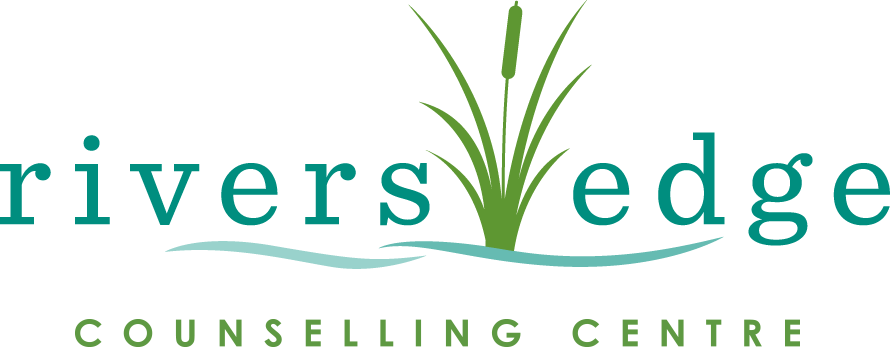Communication is a cornerstone of the foundation of a healthy romantic relationship. Honest, open, and frequent communication is an essential ingredient in the making of joyful and long-lasting love. No matter how well you know someone or how “in sync” you are, no one can read the other’s mind. Even couples that are great at communicating could almost always learn how to communicate better. Effective communication is a skill you refine and hone over a lifetime and can be useful outside of your romantic relationships as well. All relationships have ups and downs and learning to communicate effectively and kindly can help your relationship weather even the toughest situations. Excellent communication skills and habits can help to foster trust, intimacy, and profound feelings of love an acceptance in a secure and happy love relationship. Clear communication can also help to avoid misunderstandings and hurt feelings. It truly is one of the best tools that couples have at their disposal to enact proactive and meaningful change in their lives and their relationship.
Communication can help to strengthen mutual trust, honesty, and respect. It can make you feel closer to your partner and significantly impact the happiness and enjoyment you feel in your relationship. Be sure to communicate good things to your partner as well as bad ones! Sometimes people think that communication is only essential for resolving disputes or airing grievances. This approach is a bad habit to get into and can make communication something that has negative and unhappy connotations. Try to practice communicating love and praise and other positive feelings to your partner often. It feels great to feel appreciated and supported, and the more you convey supportive, kind, and loving things to your partner, the more likely they are to do so in return. An excellent exercise to try to make this type of positive communication a habit is to make sure you say one kind, affirmative, or supportive thing to your partner each day. It doesn't always have to be something big or deep (though it can be!) sometimes saying thank you and "I appreciate you" for taking out the trash or doing the dishes can go a long way. Saying kind things to one another can help to foster intimacy and build a robust framework of mutual admiration and respect.
It’s easy to fall into the trap of thinking that communicating is all about expressing your thoughts/feelings/desires. While you should absolutely make sure that you express your needs and desires, make sure that is not the only part of your communication strategy. It is imperative to remember that communication is a two-way street and one of the most important parts of communicating is really, truly listening to your partner. I'm not talking about hearing them and waiting for them to finish talking so you can say what you want to say but consciously slowing down and listening to what they are saying and trying to see things from their point of view. Active listening takes skill and patience and will serve you well in all relationships, romantic or not. Lack of effective communication can set you up for a host of unwanted problems. Misunderstanding can foster hurt, anger, resentment, and confusion.
Here are some tips for communication in your love relationship:
Set aside time to talk to your partner without interruption, free from other people or distractions like phones, computers or television.
When possible, try to communicate face to face and not through text or on the phone
Think about what you want to say before you say it
Make your message clear, so that your partner hears it accurately and understands what you mean
Don’t say things out of anger or spite to hurt your partner as you cannot take these things back
Sleep on it! The old adage of not going to bed angry does not work for a lot of couples. If things get heated, take some time and space to cool down and regroup.
Accept responsibility for your own feelings and behaviors
Talk about what you want, need, and feel. Use "I" statements such as "I need" "I want" and "I feel."
LISTEN to your partner. Try to put aside your own thoughts and really try to understand their intentions, feelings, wants, and needs. Put yourself in their shoes as much as possible.
Share positive feelings with your partner, such as what you appreciate or admire, and how important they are to you.
Be aware of your tone of voice and body language
Negotiate and remember that you don’t have to be right all the time.
Let it go. Ask yourself if the issue or grievance you have is truly that important. If it is not, let it go, or agree to disagree.
Don’t look at disagreements with your partner as a battle to “won” You both win when you engage in healthy, kind, communication.
If you’ve tried these tips and you’re still struggling, you may find that having a neutral third party to help facilitate the communication between you and your partner can be very useful. If you’re having trouble with communication in your relationship or something else, please reach out to us at Rivers Edge Counselling Centre.
Genuine, honest, open communication is hard work! Communication requires practice and openness and willingness, and it is impossible to get it right 100% of the time. Nobody is perfect, and even the healthiest couples fight and sometimes communicate in ways that are not useful or empathic. Like any behavior, however, the more you can get into the habit of communicating kindly and effectively, the easier it is for that to become your default mode of operation. The important thing is that you both feel that healthy, open, honest communication is an essential goal for you and that you strive to work towards it together.
References and Further Reading:

